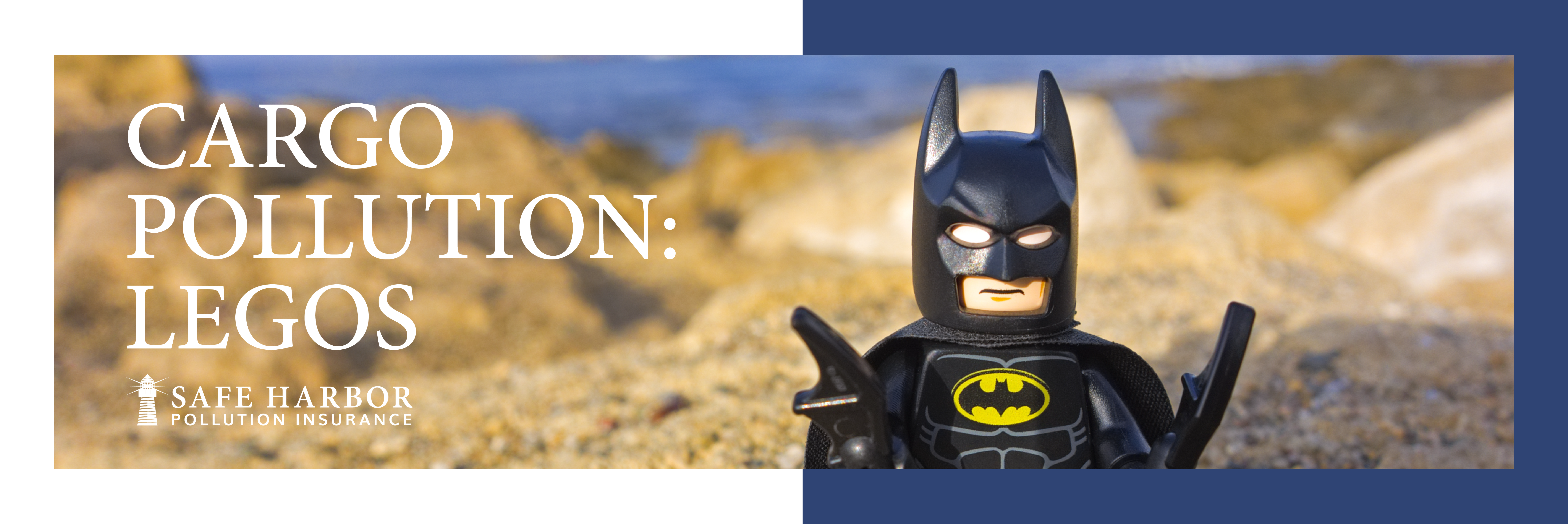Big spills always get a lot of press, but not all spills are oil or even hazardous substances. There are actually quite a few incidents where spills involve wood chips, bowling balls, dead fish, or even LEGO® pieces (as in the case below). Whatever ends up going over the side of a ship, there is always a clean-up effort that follows.
On February 13, 1997, a rogue wave hit the Tokio Express, a container ship en route to New York. Twenty miles off the coast of Cornwall, England, the giant wave tilted the ship, causing 62 containers to fall overboard. Of those containers, one was filled with nearly 5 million pieces of LEGO® pieces, some of which were nautical-themed.
Plastic in the Water
While it’s uncertain what was in the other 61 containers and what happened to them, it was the one carrying the LEGOs that made headlines, as millions of tiny building blocks began washing up on the north and south coasts of Cornwall. Colorful miniature octopuses, scuba gear, and seagrass littered the shoreline, much to the delight of beachcombers. Even years after the incident, plastic daisies and dragons continue to appear on the shore, especially after big storms.
But as whimsical as the treasure hunt for the building toys may be, these plastic pieces are still considered a form of pollution. After all, plastic can take up to 1,000 years to decompose, and experts believe the LEGOs could continue to travel the ocean for centuries to come, negatively affecting the environment and harming the wildlife.
A Thousand-Year Impact
This bizarre marine incident is a reminder that sunken items do not always stay at the bottom of the ocean, and the impact of such an event can have both financial and environmental implications.
On the surface, this is a fun story of a LEGO journey that no one could quite piece together. But the lesson learned is that other types of spills can and do occur, and you need to ensure that your policy includes coverage for those types of occasions. With Safe Harbor, you can rest easy knowing you have the broadest policy and the largest spill management network in the industry. Safe Harbor is more than paper – we’re a partner.




